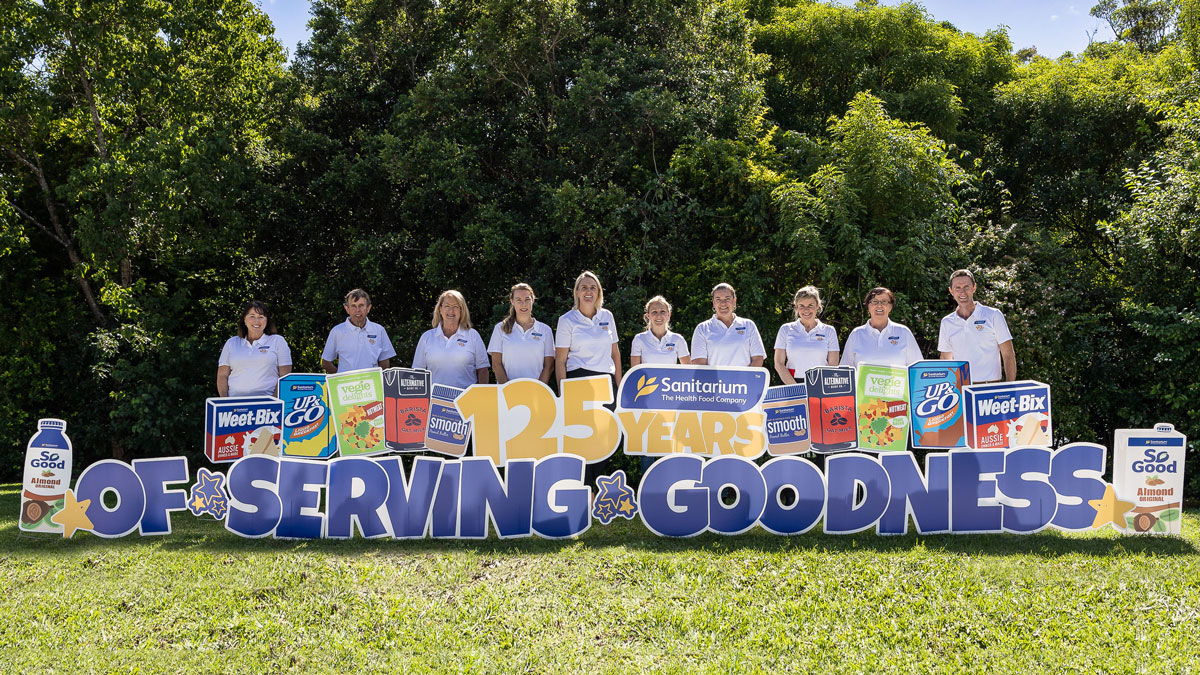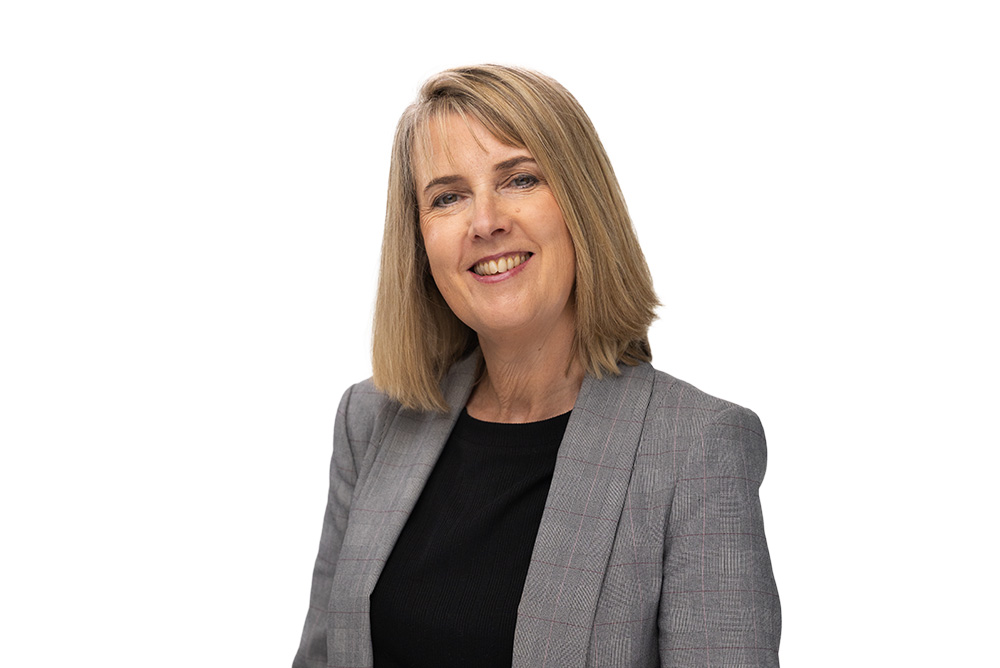Sanitarium Health Food Company served up a special event to celebrate its 125th birthday last Thursday (April 27).
Speeches and prayers, food and memorabilia—including two heritage vehicles—were all part of the event, held at the company’s Australian headquarters at Berkeley Vale on the Central Coast, New South Wales.
Along with the festivities, it was a time to reflect on Sanitarium’s rich history and purpose, as well as to reaffirm its commitment to improving the health and wellbeing of Australians.
“We believe healthier choices support the potential for every Australian to live a long and healthy life,” said Sanitarium CEO Kevin Jackson.
“Sanitarium was founded with the core purpose of helping Australians to eat well and live well. This purpose remains just as important today, particularly as families struggle with the growing impacts of lifestyle-related chronic diseases, food insecurity and cost-of-living pressures.
“That’s why we’re strengthening our commitment to make access to healthier choices easier for more Australians. We’ll do this through the affordable healthy foods we make, increasing our investment in health education, and by doing more to develop food and nutrition security for all.”
South Pacific Division president Pastor Glenn Townend acknowledged the impact that Sanitarium has had across the region over many decades.
“We thank God for the blessing Sanitarium is to the community and church,” he said. “They have contributed significantly and have produced healthy, affordable food for generations in this part of the world.”
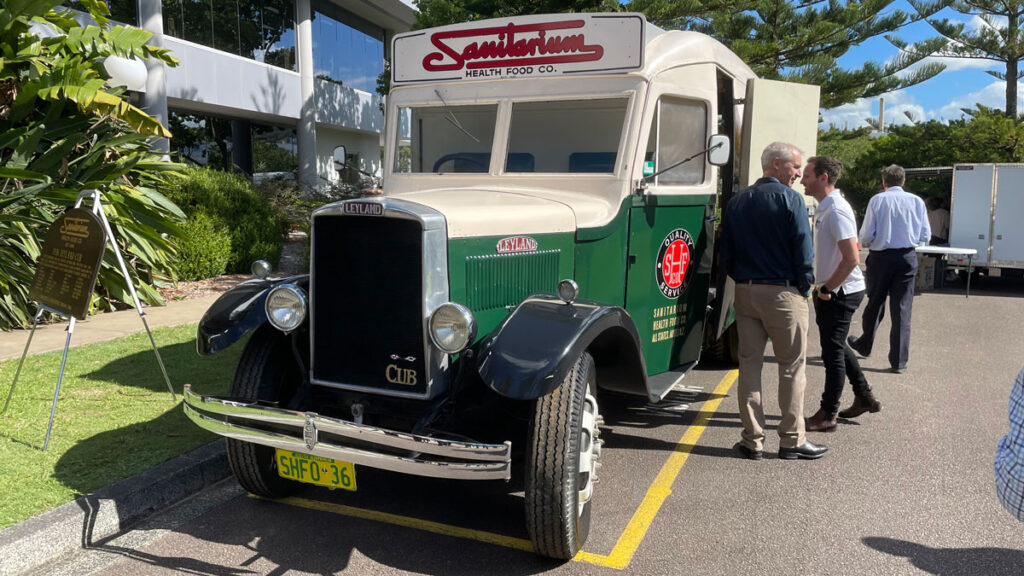
Where it all began
Sanitarium began in a neighbourhood bakery in Northcote, Melbourne, after a small group of Seventh-day Adventists migrated from Battle Creek, Michigan, bringing foods made by Dr John Harvey Kellogg for patients at his health institute.
In January 1898, Edward Halsey, who had trained with Dr Kellogg, commenced making the company’s first ready-to-eat cereals, including Granose wheat biscuits—a forerunner to Weet-Bix—and Sanitarium Peanut Butter. Sanitarium was registered as a business on April 27, 1898.
Within a decade, Sanitarium had expanded to open health food cafes around Australia and had launched Australia’s first plant-based meat-alternative, Nuttose. When the fledgling food company made its first profits in 1906, it donated them to support health education in the South Pacific islands.
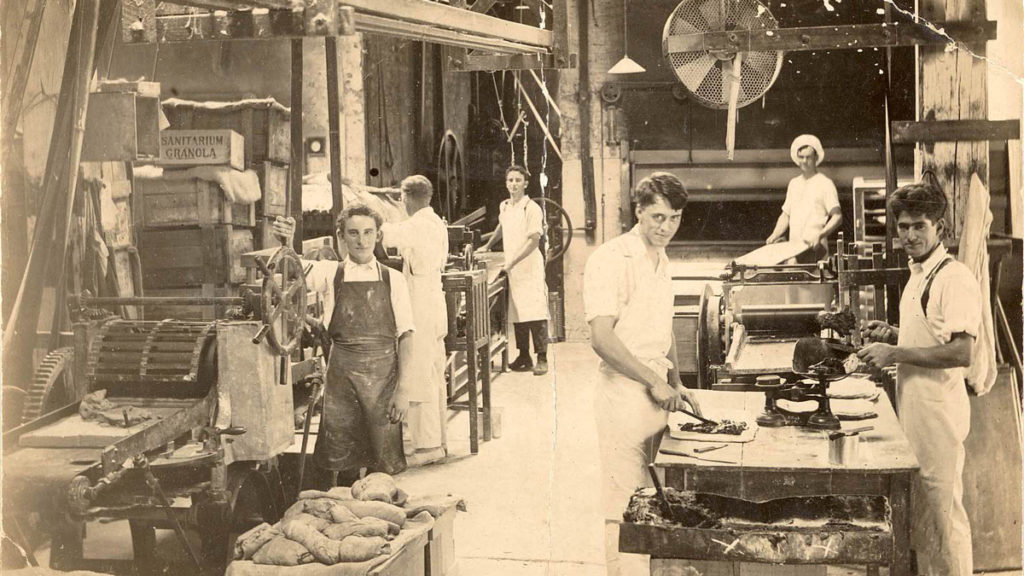
Transforming eating habits
Sanitarium has led the way in transforming Australia’s eating habits. It was the first to introduce breakfast cereals, pioneered innovative soy foods and promoted plant-based eating long before it became popular.
Sanitarium is now one of the largest Australian-owned food companies, employing 1200 people across six Australian sites and exporting products to almost 40 countries. It is one of Australia’s most trusted food companies with products such as Weet-Bix, So Good and UP&GO found in two in every three households.
Community impact
Sanitarium is also a standout for its long-running commitment to supporting communities in need. Last year alone it donated more than 4.2 million serves for distribution through a network of charity partners, headlined by Foodbank Australia. And Sanitarium’s school breakfast program provides healthy breakfasts to thousands of school children around Australia. Over the decades, the company has also supported many communities around the South Pacific impacted by disasters.
“We’re always ready to help Australians doing it tough, donating food to communities impacted by natural disasters, and providing ongoing support to food pantries who offer a lifeline to people in need,” Mr Jackson said.
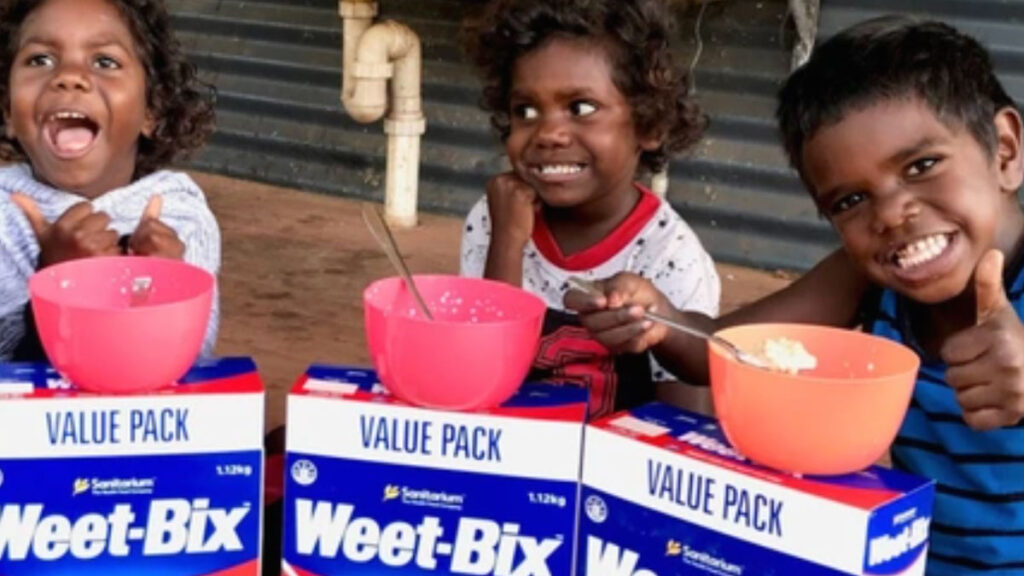
Promoting healthy lifestyles
Health education remains a key area in which Sanitarium continues to invest. “Our goal has always been to give all Australians access to the knowledge, resources and skills they need to make healthier choices,” Mr Jackson said.
“In 1901 we opened Australia’s first health food cafes which served food education and cooking classes alongside nutritious plant-based foods.
“We shifted into more modern forms of education in the late 1980s with the formation of our Nutrition Education Service which published health research and produced health and food education materials for the community. In the decade that followed, we launched the Weet-Bix Kids TRYathlon to lift physical activity rates among primary school aged children, with a nationwide event series held annually around Australia until 2020.
“Today, millions of Australians visit the Sanitarium website every year for dietitian-approved plant-based recipes and nutrition advice, and we’re excited to see our new partnership with Life Education improving the quality of healthy eating and physical activity education in Australian primary schools.”


